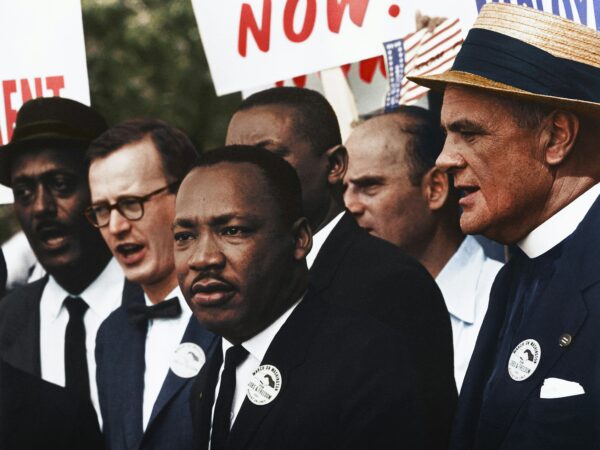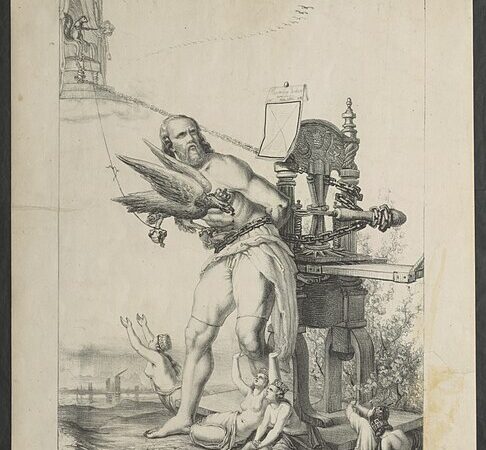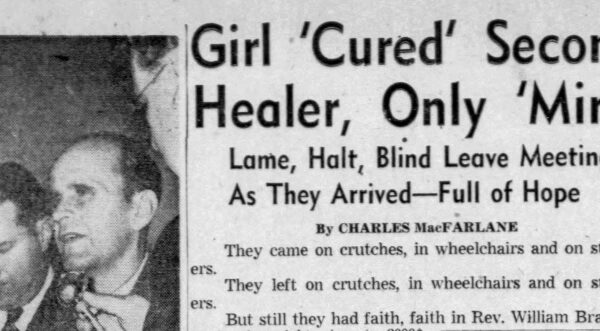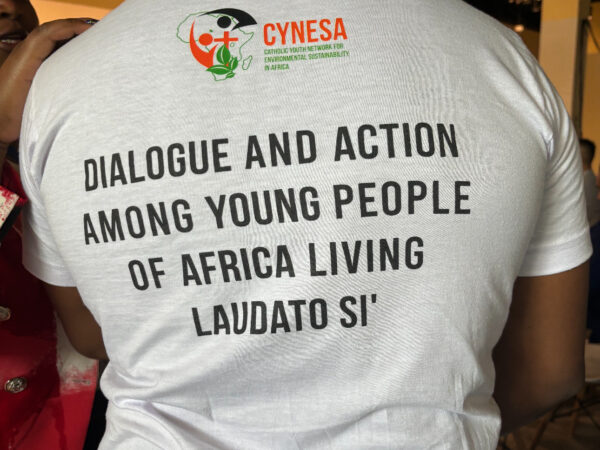
Paying attention to Herod’s fears about Jesus can keep us from depoliticizing the gospel.

For Marx, religion is more than “the opium of the people,” it is the mirror of society turned upside down. This essay examines Marx’s critique of religion as well as his critique of other contemporary critiques of religion. This critique of religion became the starting point of his critique of political theology and, later, political economy.

In what follows I want to trace a political theology of miracles that makes possible their circulation in U.S. revivalism. A straightforward theology—namely that God does miracles—is certainly part of the motivating belief for revivalism. But I want to trace here the political contours of revivalisms’ continuous circulation of the miraculous, well past the time that secularization theory suggested that they would give way instead to secularity, science and the enlightenment.

The messianic banquet imagined by the Jewish sages nurtures attitudes of respect, blessing, recognition, and wonder. These comportments converge in humility, an earthbound ethic that we practice together, through speech, action, and the work of dwelling.

Debates around revival persist because of what it promises. Indeed, it could be a site of hope for evangelicals in the midst of stories about declining church membership and religious disaffiliation from younger generations. But for some who experience revival on a regular basis, frustration and disappointment might abound.

Whether through suits before the International Court of Justice, pro bono suits in American courts, appeals to the United Nations, or student-led civil disobedience movements on campuses all over the democratic world, Palestinians and their supporters are attempting to cause a miraculous rupture in the realm of positive law, not to further the arbitrary ends of power, but to further the just and lawful ends of Palestinian freedom.

As we reflect on what it means to resist vulnerability and consolidate military power, much could be said in connection to our own political moment. Given the proliferation of weapons of war and the investment in such weaponry by nation-states and stakeholders who see buying shares in war-related machinery and technology as a profitable enterprise, the privileging of a good heart—“the LORD looks on the heart”—is a most urgent political posture.




